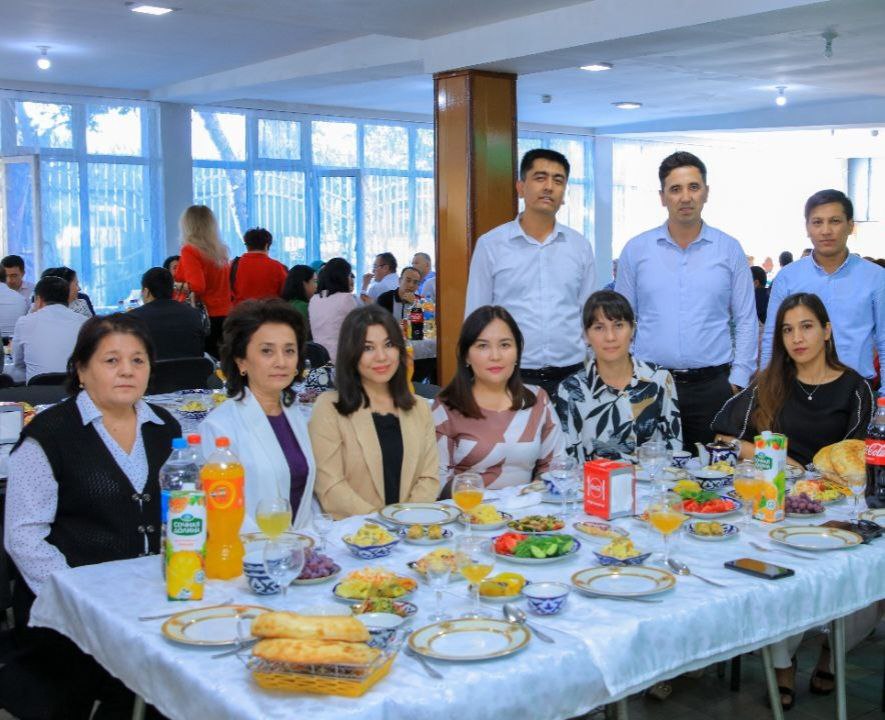SDG 2.3.1: TUIT has a program in place on student food insecurity/hunger
One way of dealing with issues of food insecurity and hunger of students is through the courses that the University teaches in its different faculties. The educational curriculum, it has incorporated many health and nutrition-related courses in order to educate students in nutritional education and train them on how to face the challenges related to nutrition. Among these courses: Community and public health, Nutrition, Public health and epidemiology, health management and administration, Food, page 3, Culinary Arts page 2, Food Service Lab I page 4, Food Service Lab II page 6, Food Production Lab II page 8, Food and Beverage Cost Control page 10, Food Service Lab III page 12.
With the aim of eliminating the students’ bad eating habits that affect mental and physical health, such as is the habit of drinking caffeinated drinks on an empty stomach, which leads to a problem in focusing during lectures. Therefore, the university, after consulting a nutritionist, sought to find healthy solutions that would be acceptable to young people to some extent alleviate bad eating habits and replace them with more useful ones by packing bags containing energy-rich food elements such as dates, nuts, and raisins. And displaying health and nutritional information through an electronic platform with the aim of directing students towards beneficial foods and keeping them away from unhealthy industrial food supplements.

